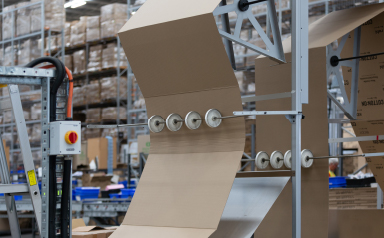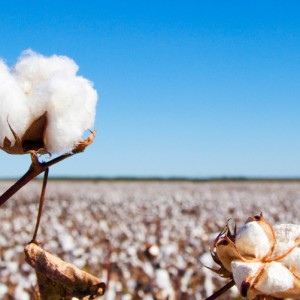
Sustainability goals
We believe in making a positive impact on the planet. This motivates us to work harder, to find solutions and to act. We’re committed to supporting the things that matter most and leaving the world in a better place than where we started.
Here’s how:

Journey to carbon neutral
In 2021, we set our most ambitious sustainability goal yet – to become carbon neutral in Scope 1 & 2 by 2030, and carbon neutral in Scope 3 by 2050. This goal reshaped how we approach every part of our business, guiding us to take meaningful action today to create positive change for tomorrow. It’s not just about strengthening our people and our business; it’s about building a more sustainable future for the planet.
We will:
- Become carbon neutral by 2030 (Scope 1 & 2)
- Become carbon neutral by 2050 (Scope 3)
- Switch to 100% renewable energy across our operations by 2030

Responsible design, materials & production
We’re focused on transitioning more of our fibres and materials to reduced-impact alternatives such as recycled and organic, and prioritising work in innovation and technology through environmental credentials to assess the carbon footprint of our raw materials with independent consultants.
We will:
- Make 100% of our products with a sustainable attribute by 2030
- 100% of plastics, polyester and synthetic materials made from certified recycled alternatives by 2028
- 100% of our denim washed using water-reduction processes by 2026
- 100% certified responsible viscose used in products by 2026
- 100% of paper and cardboard made from certified recycled or sustainably-sourced materials by 2026

Plastics & packaging
Our focus areas revolve around packaging for customer and packaging for transport. We have identified the products within our business that require the highest rate of packaging, and we’re working towards initiatives that support our goals.
Australian Packaging Covenant Organisation (APCO) packaging targets
As a member of APCO, we continue to support its packaging targets, an important step on Australia’s journey towards a circular economy for packaging.
- Design 100% reusable, recyclable or compostable packaging by 2025
- 70% of plastic packaging being recycled or composted by 2025
- All packaging made from 50% recycled content by 2025
 The Good we do
The Good we do  Sustainability
Sustainability  Making a positive difference
Making a positive difference